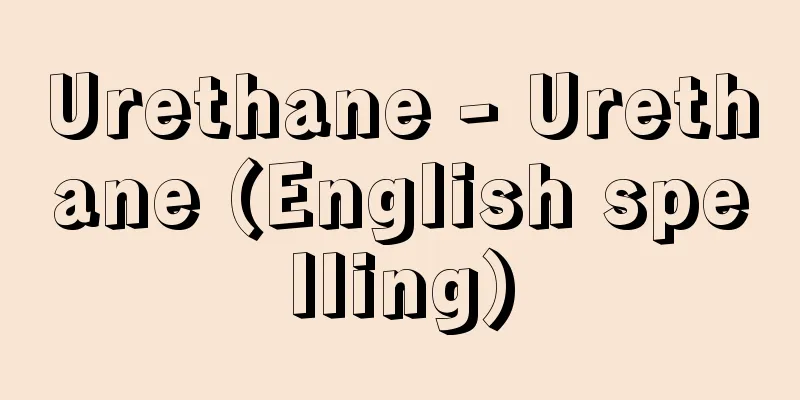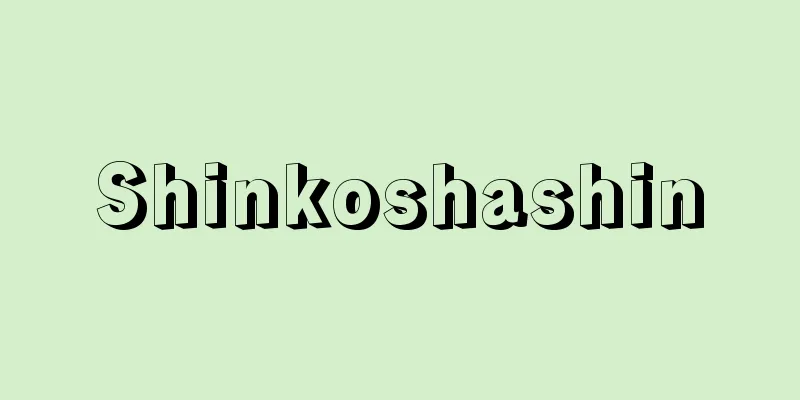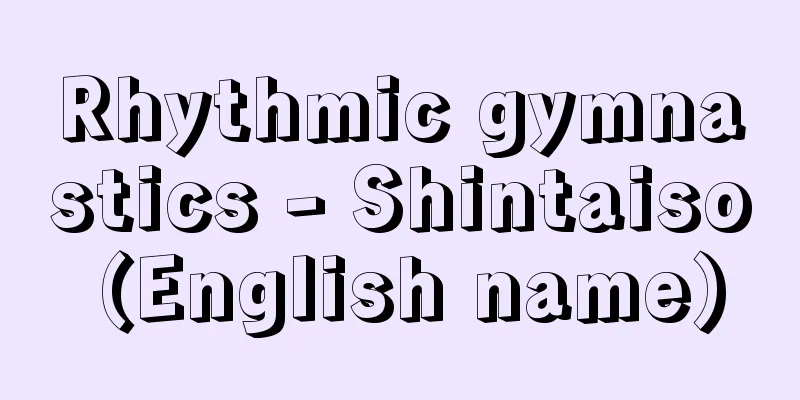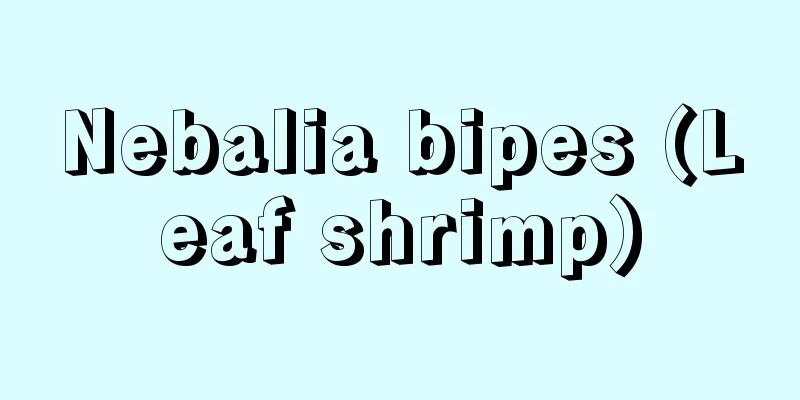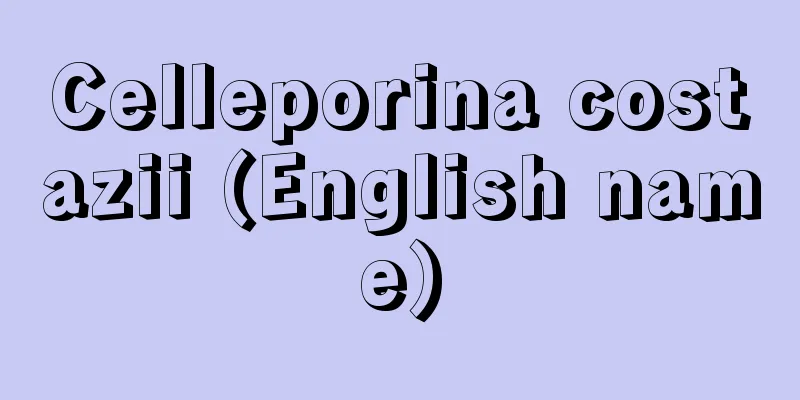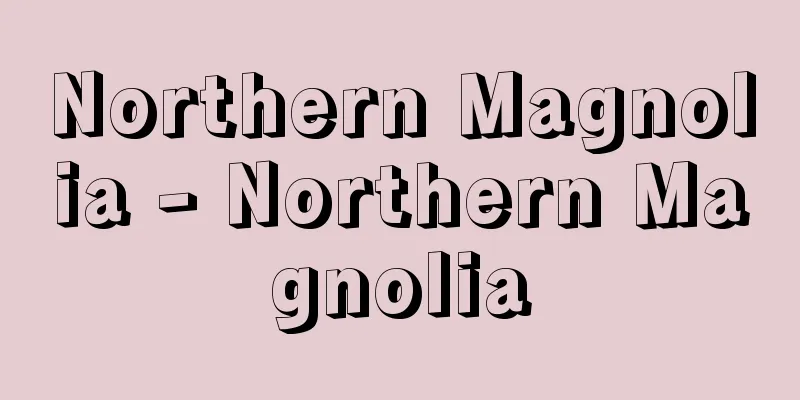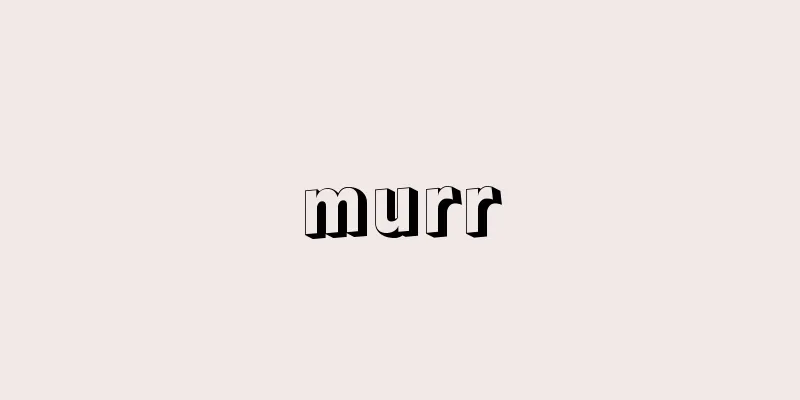Curie, J.
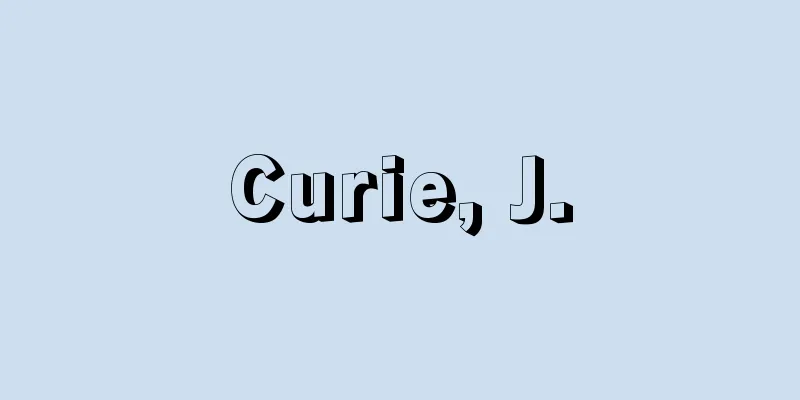
|
…It is also called piezoelectricity, and the word piezo comes from the Greek word piezein (to push). The positive effect was discovered in 1880 by the French Curie brothers Jacques and Pierre Curie in quartz, Rochelle salt, and tourmaline. The reverse effect was pointed out in 1881 by the French Gabriel Lippmann based on thermodynamic considerations, and its existence was demonstrated by the Curie brothers. … *Some of the terminology that mentions "Curie, J." is listed below. Source | Heibonsha World Encyclopedia 2nd Edition | Information |
|
…ピエゾ電気とも呼ばれ,ピエゾとはギリシア語のpiezein(押す)を語源とする。正効果は1880年にフランスのキュリー兄弟Jacques and Pierre Curieによって,水晶,ロッシェル塩,電気石などで発見された。逆効果は81年にフランスのリップマンGabriel Lippmannにより熱力学的考察に基づいて指摘され,その存在はキュリー兄弟により実証された。… ※「Curie,J.」について言及している用語解説の一部を掲載しています。 出典|株式会社平凡社世界大百科事典 第2版について | 情報 |
>>: Curia Romana (English spelling)
Recommend
America Hub
A general term for venomous snakes belonging to th...
Gafura Mompe - Gafura Mompe
...In "The Story of Yamabakama" (1937),...
Latin Square - Latin Square
Also known as a Latin square. n different symbols ...
Nectophryne
... Toads are found in wet places such as forests...
Compensation for injury
A type of accident compensation. Compensation in w...
Parcel
A representative composer of British Baroque music...
Graben (English spelling)
A long, narrow area in which the strata are bound...
Torakichi Nakamura
Professional golfer. Born in Kanagawa Prefecture. ...
Face - Ganmen
〘noun〙① The surface of the face. Kao (face). ※Sany...
Tsuki-nami Festival - Tsuki-nami Festival
This festival, stipulated in the Jingi-Ryo (Court...
Iwate Prefecture
A prefecture facing the Pacific Ocean in the Tohok...
Ciliata
...The most well-known are the malaria parasite P...
Abe Moritaro
Year of death: September 6, 1913 Year of birth: No...
Public forest - Kouyuurin
This refers to forests owned by local governments...
Quercus lusitanica var.infectoria (English name) Quercus lusitanicavarinfectoria
...The larvae make roughly spherical galls, 15-20...


